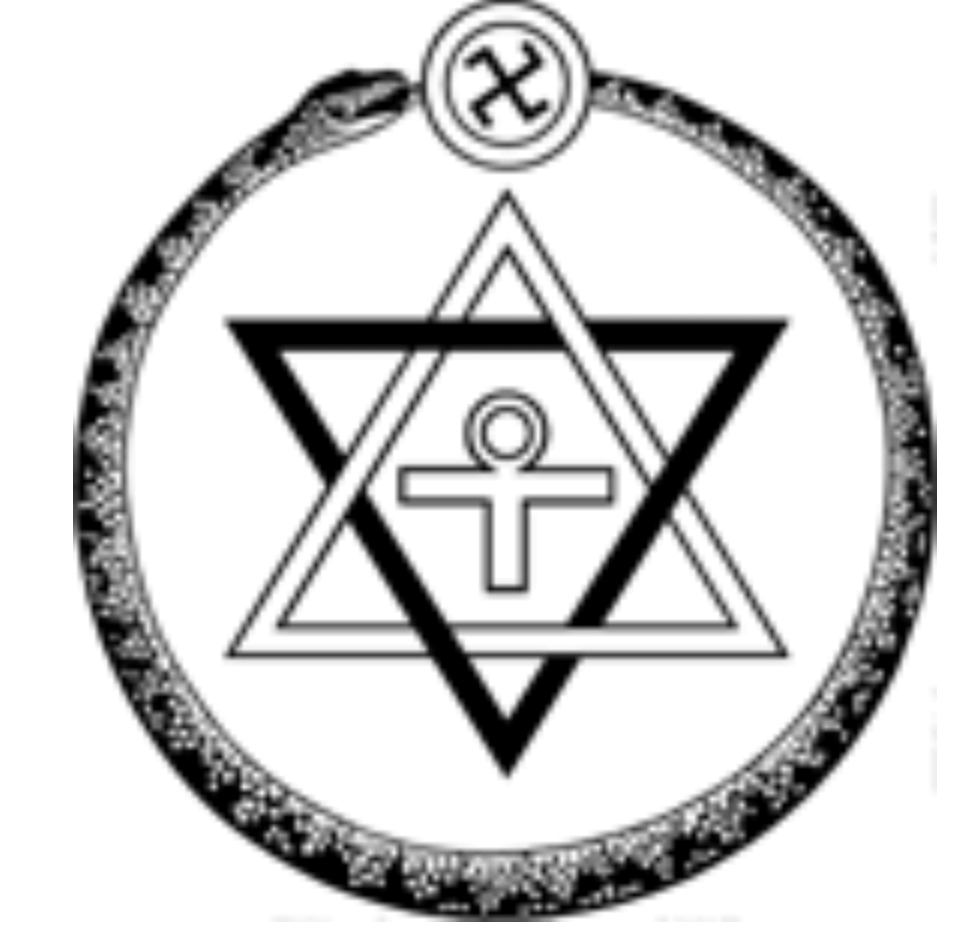Contents
- 1 Theosophy, derived from the Greek, means “divine wisdom. It aims to unite science, religion, and philosophy, and understands itself as a worldview that seeks to attain knowledge of God. It does not consider itself a religion, but rather a common core of several religions. It claims to have an understanding of the essential truth behind all religions and their manifestations. Theosophical ideas can be traced back to ancient Indian culture, Babylonian writings, and ancient Greek mysteries. Theosophy is not affiliated with any particular religion, as it believes that truth is not attached to any particular religious belief, but is inherent in each individual.
- 2 What is the Theosophical Worldview?
- 3 What is Theosophy?
Theosophy, derived from the Greek, means “divine wisdom. It aims to unite science, religion, and philosophy, and understands itself as a worldview that seeks to attain knowledge of God. It does not consider itself a religion, but rather a common core of several religions. It claims to have an understanding of the essential truth behind all religions and their manifestations. Theosophical ideas can be traced back to ancient Indian culture, Babylonian writings, and ancient Greek mysteries. Theosophy is not affiliated with any particular religion, as it believes that truth is not attached to any particular religious belief, but is inherent in each individual.

In 1888, Helena P. Blavatsky founded the modern form of Theosophy, which was heavily influenced by the secret teachings of India. According to her perspective, she founded the Theosophical Society (TS) based on the knowledge of the sages of humanity. From 1907, the occultist Annie Besant led this movement, which increasingly emphasized Indian mysticism.
The primary goal of the Theosophical Society is to establish a common core of humanity, regardless of origin, religion, or gender. It also seeks to promote comparative studies of science, religion, and philosophy, and to explore the unexplained laws of nature in order to discover the forces hidden deep within the individual.
Theosophy holds that everything, from the smallest particle to the human being, emanates from the same divine source and advocates that everything should be seen as a unity. Since everything is fundamentally divine, the path to knowledge always leads inward, into the depths of the human being. Franz Hartmann and Rudolf Steiner were also members of the Theosophical Society. Rudolf Steiner, together with several members of the German Section of the Theosophical Society, founded the Anthroposophical Society.
Various branches of Theosophy can be traced back to Jakob Böhme, who understood his teachings as eternal knowledge and timeless wisdom. Another aspect of theosophy goes back to Emanuel Swedenborg, who conducted numerous studies to fathom the mysteries of humanity and the human soul. Jewish Theosophy, on the other hand, is linked to the traditions of the Kabbalah.
The study of God’s teachings and the exploration of these hidden mysteries are essential aspects of the online courses offered by the Hermetic Academy, which provide guidance in theory and practice.
What is the Theosophical Worldview?
The term “Theosophy” comes from the Greek and means “the teachings of God”. Its aim is to unite religion, philosophy and science. Theosophical doctrine aims at the knowledge of God and enlightenment. Key figures in Theosophy include Jakob Böhme, Helena Blavatsky, Annie Besant, Rudolf Steiner, and Franz Hartmann.
What is Theosophy?
Translated, Theosophy means “divine wisdom. It sees itself as a world view with the goal of gaining knowledge of God. It doesn’t consider itself a religion, but rather a common core of several religions. It claims to have an understanding of the essential truth behind all religions. Theosophical ideas have their roots in ancient Indian culture, Babylonian texts, and ancient Greek mysteries.





